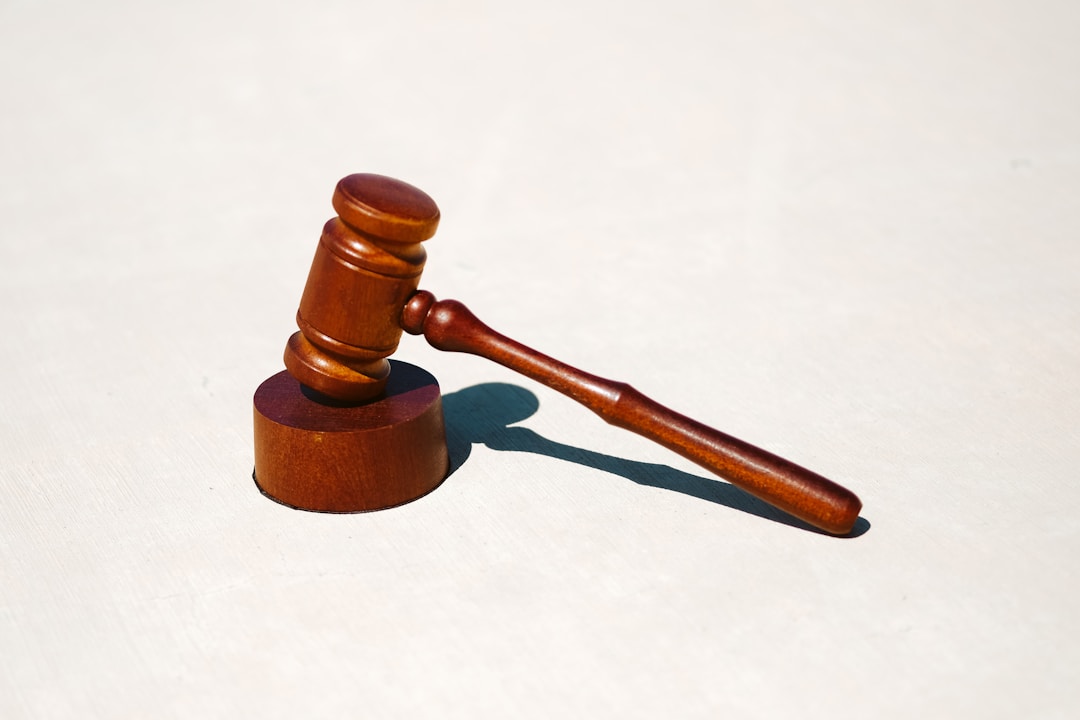Much of the world has some form of administrative law that ensures the government of the land is held accountable to its people. Canada is no exception to this, but how should it be approached? According to Malliha Wilson, the answer is decisively and before it’s too late.
Who is Malliha Wilson?
Malliha Wilson is a Tamil Canadian lawyer and the first visible minority representative to hold the office of Assistant Deputy Attorney General of the Ontario Government, a post which she held from 2008 to 2016. As part of her post, the veteran litigator was also the Special Legal Advisor for the Investment Management Corporation of Ontario, which involved ensuring that labor law and human rights were being adhered to and providing legal advice on administrative law in Canada. She has participated in over 20 cases for the Supreme Court of Canada and complex litigation surrounding the abuse of Tamils by Sri Lanka during World War II. Today, the former special litigator remains involved in law as Senior Partner at the law firm Nava Wilson LLP.
With her specialism in administrative law and her focus on human rights activism within Canadian governmental infrastructure, it is easier to deduce what Malliha Wilson’s administrative law approach is. However, before continuing, it is best to define a couple of significant terms.
Administrative Law

Though the wider definition of administrative law in Canada is much more complex, it can be best understood as the governing of government. Every action that a government or government agency in Canada takes is subject to the administrative law that ensures legal operation is maintained across all aspects of Canadian infrastructure. Administrative law exists in some form of almost every other democratic nation around the world. For the United States, this takes the form of Federal Law, whereas, in the United Kingdom, it is subject to a judicial review.
The administrative law is fundamental. If the government acts unlawfully and is not subjected to the same arbitrary rules as the rest of the population, this erodes the public’s trust in their country’s decision-makers. Essentially, it is the guiding principle to ensure that a government rules by example and efficiently. As a result, components of the administrative law break down into others, such as the labor law, and makes sure that a promise that an agency makes on behalf of the government is clear, unambiguous, and kept.
The Supreme Court of Canada maintains administrative law itself. It is the basis by which administrative decision-makers (ADMs) are held to account. Though the Supreme Court will not necessarily hear cases where administrative law has been impeded, they instead will review the actions of the ADMs to ensure judgments in cases where the government has been held to account have been done within the confines of good faith in the law.
The Magnitsky Act

The Magnitsky Act is named after Sergei Magnitsky who, after accusing the Russian government of large-scale theft, was arrested and spent 358 (of the 365 days that one can be legally held without trial) prison before his death in late 2009. His passing whilst in custody drew international criticism, leading to the-U.S. President Barack Obama introduces the Magnitsky Act in 2012, preventing anyone involved in the death of the tax advisor from entering the U.S. or using their banking systems. Following this example, other members of the international community followed suit, including the United Kingdom and, most recently, Europe.
The Canadian Parliament also introduced the Magnitsky Act in 2017. Named the “Justice for Victims of Corrupt Foreign Officials Act,” the legislature is intended to uphold human rights are adhered to by foreign officials who wish to work with the Canadian Government. If the Governor in Council (GIC) believes that human rights have been violated or corruption has taken place, the GIC can ban that official or agents by association from working with Canada’s government.
Malliha Wilson’s Approach

Malliha Wilson’s approach to administrative law is thus much clearer. As a human rights activist herself, no governing authority nor official must have any dealings with anyone who has been in opposition to the Magnitsky Act‚Äì‚Äìan act which she has called on as needing more enforcement. As demonstrated with her case to support Tamils, the officials who commit human rights atrocities should be held to account. Still, Wilson believes that the Magnitsky Act is rarely or properly used. By failing to do so, corruption can infiltrate the governmental agencies and infract the labour law, real estate law, or other administrative laws of the land.



